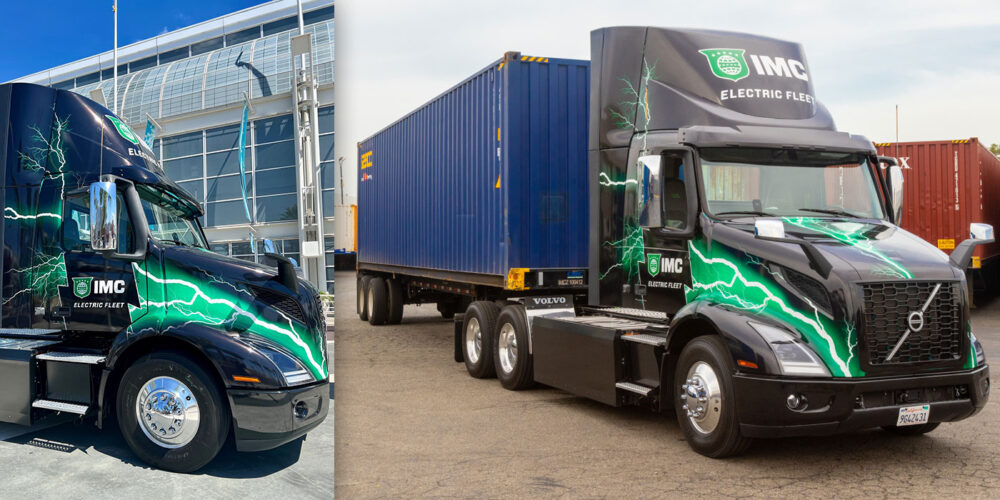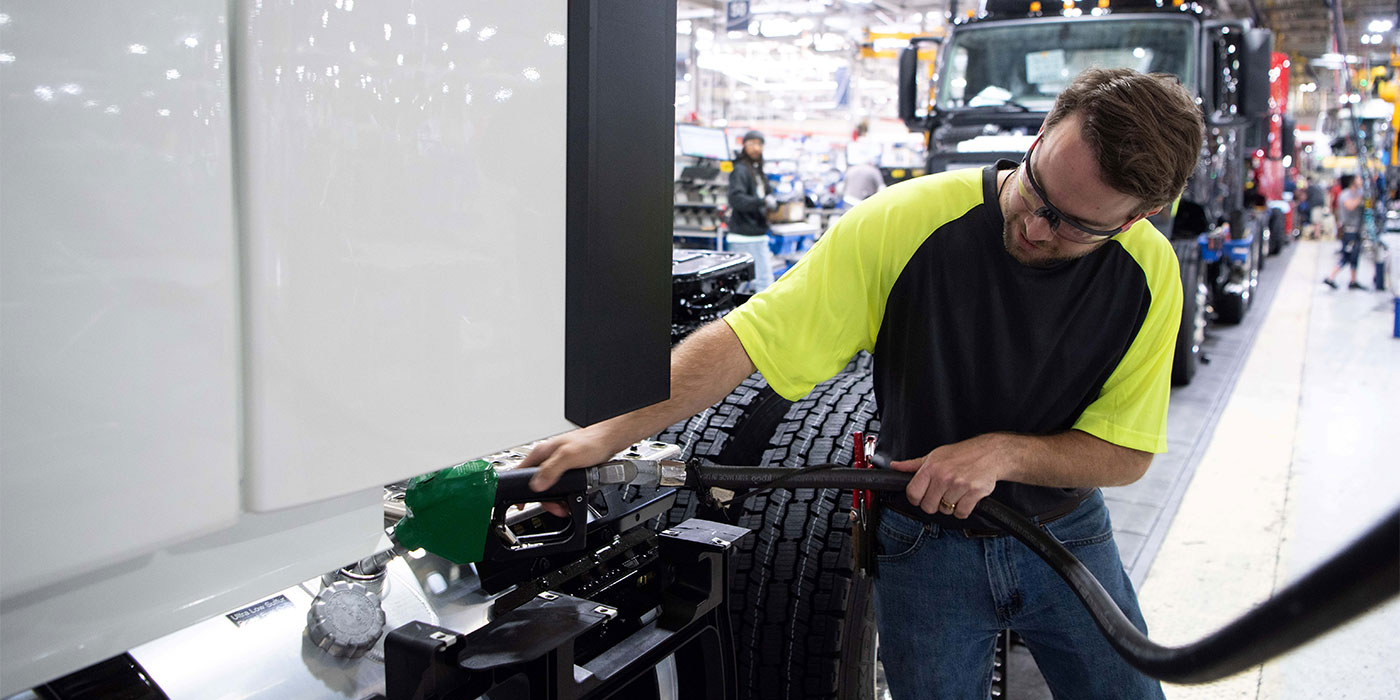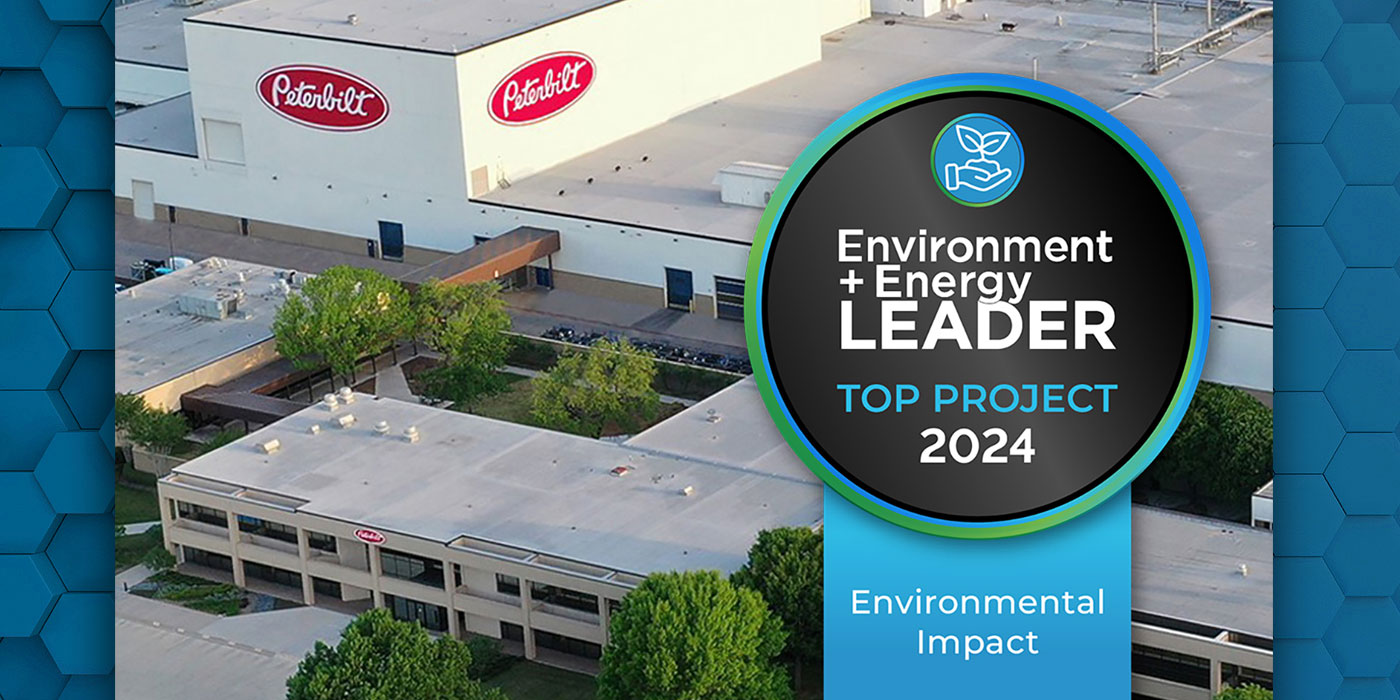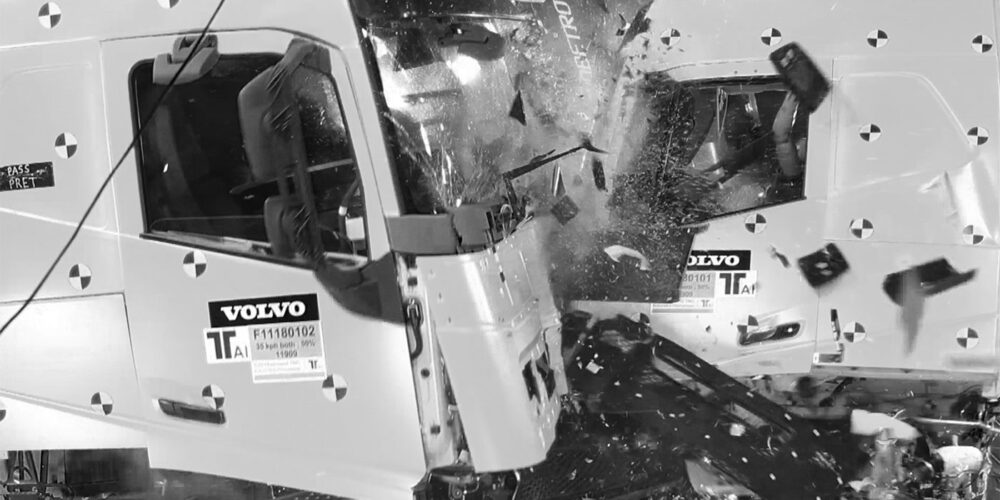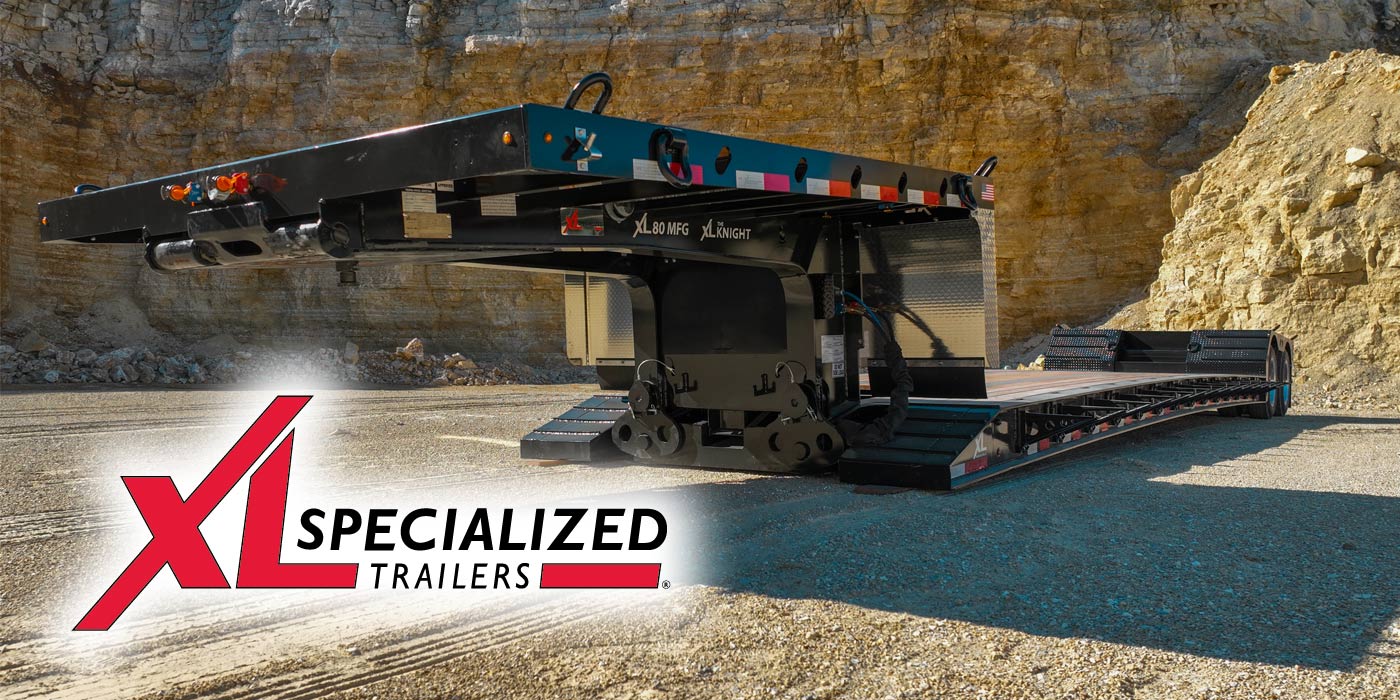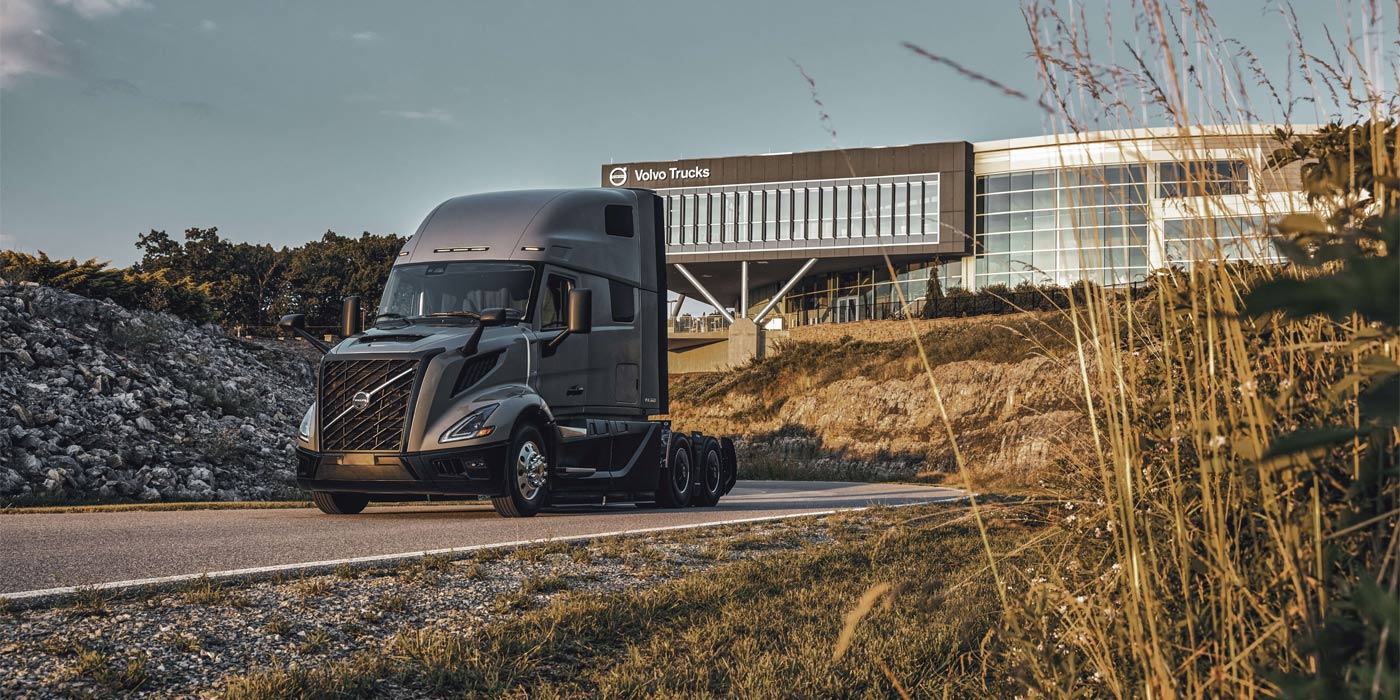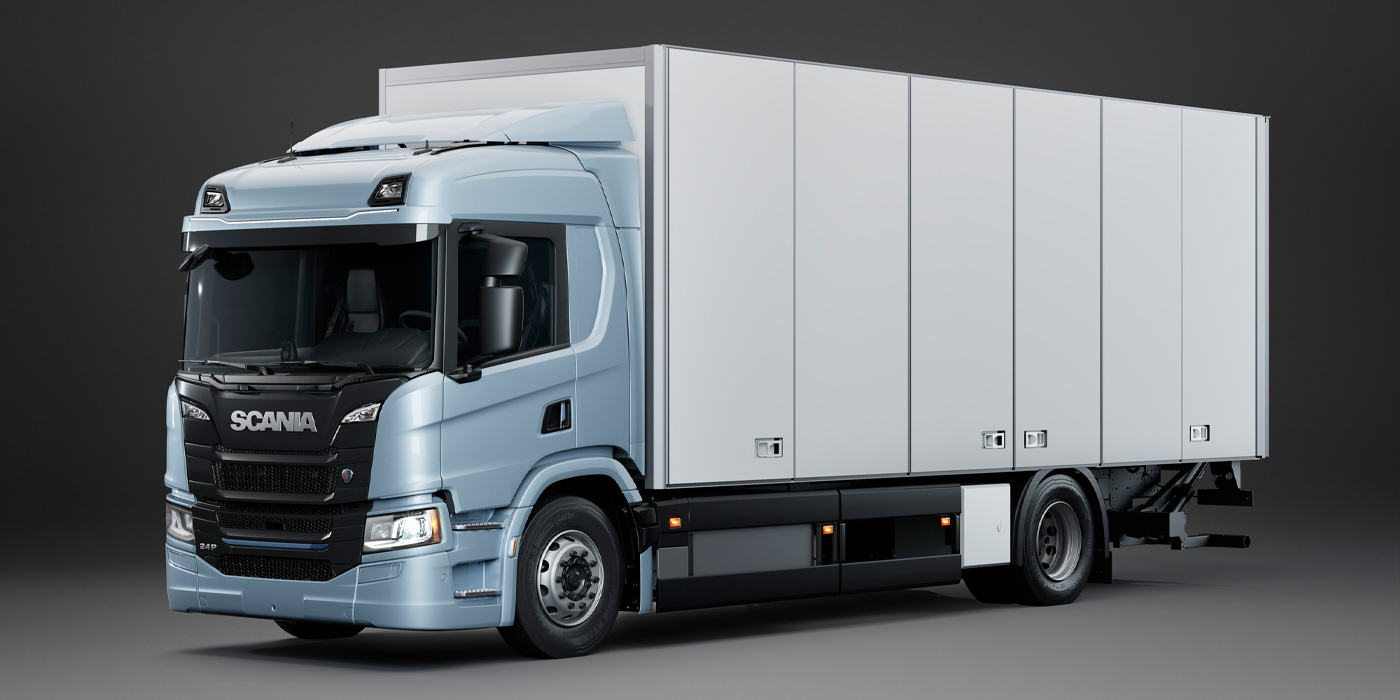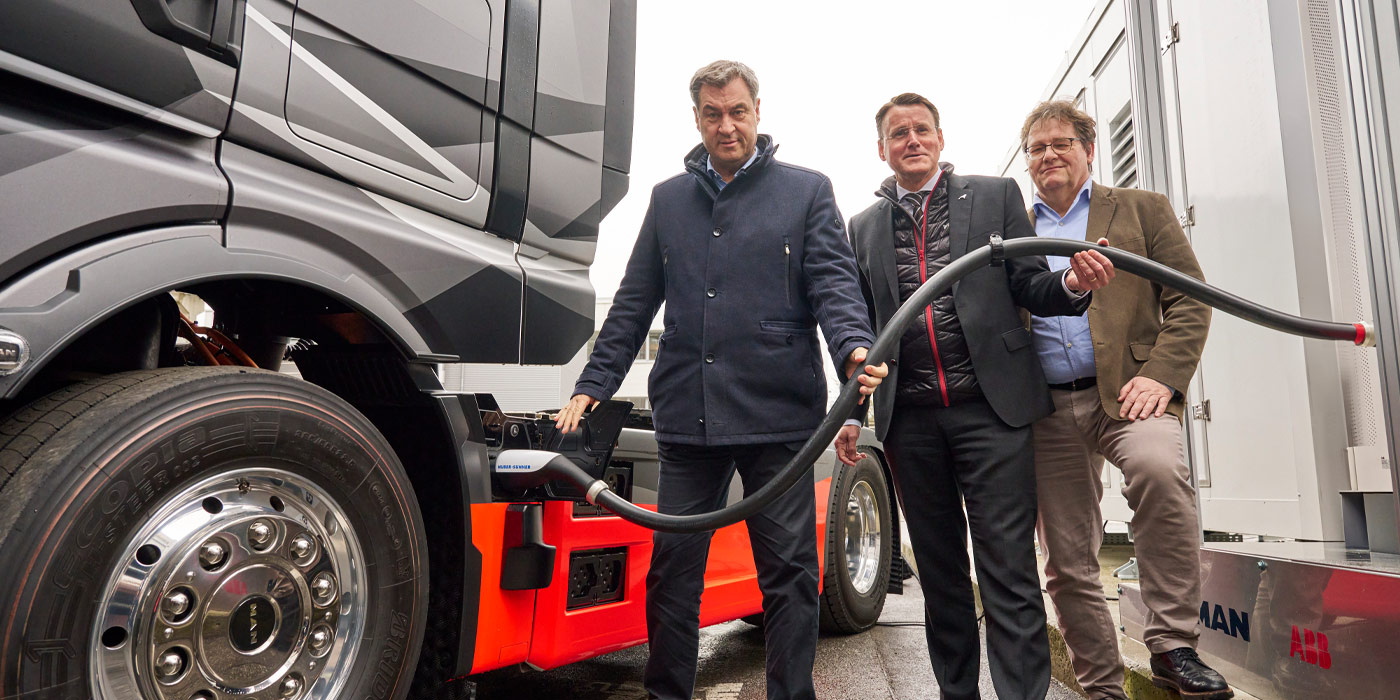When Jim Gillis, president of Pacific Drayage Services (PDS), an IMC company, announced the addition of Volvo electric trucks to the company’s fleet there was no doubt why they were was making such a sizable investment.
“We believe this will greatly benefit our company, our customers and our environment,” Gillis said of his September 2022 announcement. “We have long been a good steward of the environment and we will continue to find ways to reduce emissions while providing efficient and sustainable supply chain transportation solutions.”
The first six Volvo VNR Electric Class 8 tractors in the PDS fleet have been deployed in Southern California, an area chosen for its major focus on sustainability. The company has also moved to electric forklifts and yard hostlers and has replaced the oldest diesel vehicles in its fleet (2018 model year units) to further minimize emissions.
“We will continue to purchase and deploy new ZEV [Zero Emissions Vehicle] technology within our Class 8 fleet with the ultimate goal of running carbon-free drayage operations by the year 2028,” Gillis said.
PDS is an asset-based operation that will field at least 315 tractors by the end of 2023. The company provides international container drayage through five strategically positioned facilities that serve the ports of Los Angeles, Long Beach, and Oakland. It offers regional service within 400 miles, local drayage for container moves of less than 100 miles, and some one-way hauls over 400 miles.
“Our operation in Southern California runs 24/5 with additional shifts on the weekend,” Gillis explained. “With our slip seating operation, downtime for refueling/charging is one of the factors driving our Zero Emissions Vehicle initiative. Additionally, we are focused on tractor weight because cargo loaded in ocean shipping containers varies dramatically, often pushing our GCW close to 80,000 lbs.
“In addition, due to CARB restrictions for port drayage operators, natural gas will face a demise,” Gillis continued. “It’s those restrictions that eliminated it from our thought process.
“We’re not quite convinced that EVs will reign supreme in the ZEV space,” he quickly added. “Before we chose EVs, we studied a lot of data, specifically related to our focus on downtime and tractor weight. Then, after considering a multitude of manufacturers’ options for our initial purchases, we chose Volvo in part because of our existing relationship with the OEM for diesel Class 8 tractors.
Gillis went on to say that despite some concerns, PDS also has a lot of interest in hydrogen-powered trucks because the data on early units support a much longer range than is currently available with EVs.
The sizable investment at PDS in EVs is partially enabled by California’s Hybrid and Zero-Emission Truck and Bus Voucher Incentive Project. HVIP is a program that is providing funding for more than 9,000 clean vehicles. PDS, as a member of the IMC family of brands, is testing the technology on behalf of the organization to determine which zero-emissions vehicles are the most efficient and can potentially be deployed at IMC locations nationwide.
PDS also received a grant in California that provides funding in part for the purchase of an initial six charging stations. PDS chose FreeWire Technologies to supply the chargers at its Compton, California facility. Once the permit and installation processes are complete, these charging stations will power the EV tractors. The company also designed its charging facility to eventually provide the ability to accommodate up to 30 EVs.
“Infrastructure build out and planning has by far been the most difficult part of EV deployment,” Gillis stated. “While money abounds in the form of grants, there simply isn’t enough electricity currently being generated to completely transition drayage fleets in Southern and Northern California, and there is a lengthy wait for upgrading the overall electric grid. Local permitting is also tough and EV infrastructure certainly isn’t an exception to that, at least not in our local areas.”
For now, the lack of a widespread EV charging infrastructure for commercial vehicles is also limiting the lanes that PDS can use for its new electric tractors.
“While some customers are relatively ambivalent about EVs because their main focus is on cost and they don’t want to see any increases in rates, others are excited, even requesting delivery via EV,” Gillis said. “Although a large number of providers are working to get EV charging stations for trucks up and running throughout the state, we’ve had to disappoint some customers due to their distance from the ports we serve.”
To help address that challenge, PDS has taken the innovative step of working with customers to help them secure grants or take advantage of tax incentives for building charging stations. “That would allow us to use EVs to deliver to their warehouses,” Gillis said. “What we explain to them is that enabling charging by offsetting the cost of the technology allows us to service their supply chain with environmentally friendly vehicles, helping with their sustainability initiatives as well.”
Meanwhile, Gillis reported that PDS has received great feedback from its drivers about EV usability and comfort. “Overall, drivers rate the EVs very well compared to traditional diesels, even the same Volvo models,” he added. “The learning curve has also been quick, but we’ve still identified driver coaching as a major focal point in the adoption of this technology to ensure that we’re maximizing the performance of the tractors.”
PDS is also successfully implementing a plan for maintenance and repairs on its EVs. “Due to the greenness in the EV space, we’ve partnered with our regional OEM representative and our local Volvo dealer TEC Equipment,” Gillis related. “They are rapidly developing their EV diagnostic, maintenance and repair capabilities, including training technicians to be able to service the increasing number of electric tractors in our operation.”
PDS is a member of IMC Companies, the largest marine drayage provider in the nation. IMC operates a nationwide fleet of trucks and chassis across an integrated network of smart depots and moves cargo to and from all major rails and ports in the U.S. As part of IMC’s goal to unify its brand, PDS will be transitioning to the IMC name later this year.
With its focus on being an asset-based provider, PDS will continue to be made up entirely of company trucks. Looking ahead zero-emissions technology will be an increasingly larger part of that approach.
Recently, PDS was named to the Environmental Protection Agency (EPA) SmartWay High Performer List. “That’s a testament to our dedication to protecting the environment,” Gillis stated. “While we’re proud of what we’ve already accomplished, we’re now focused on reaching our goal of zero carbon emissions by 2028, two years ahead of the 2030 California deadline.”

